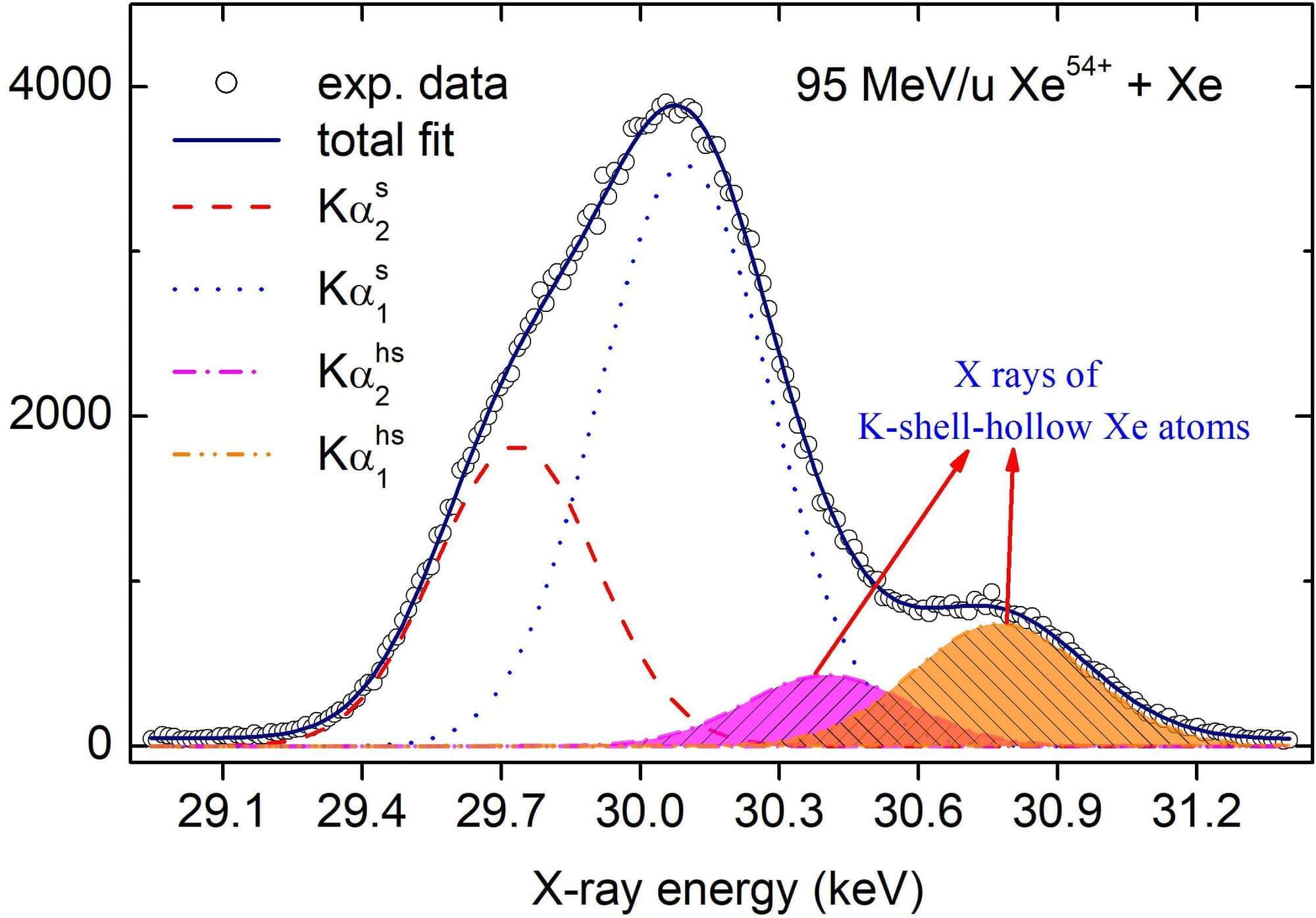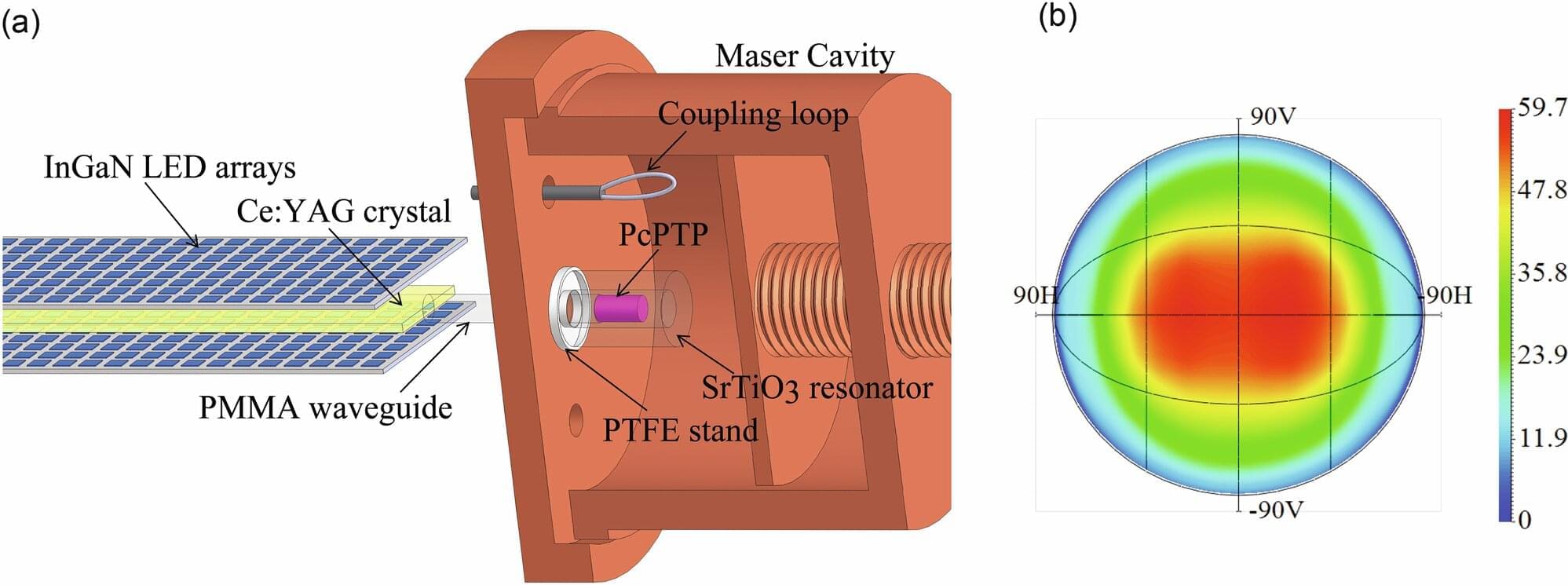Quantum mechanics has a reputation that precedes it. Virtually everyone who has bumped up against the quantum realm, whether in a physics class, in the lab, or in popular science writing, is left thinking something like, “Now, that is really weird.” For some, this translates to weird and wonderful. For others it is more like weird and disturbing.
Chip Sebens, a professor of philosophy at Caltech who asks foundational questions about physics, is firmly in the latter camp. “Philosophers of physics generally get really frustrated when people just say, ‘OK, here’s quantum mechanics. It’s going to be weird. Don’t worry. You can make the right predictions with it. You don’t need to try to make too much sense out of it, just learn to use it.’ That kind of thing drives me up the wall,” Sebens says.
One particularly weird and disturbing area of physics for people like Sebens is quantum field theory. Quantum field theory goes beyond quantum mechanics, incorporating the special theory of relativity and allowing the number of particles to change over time (such as when an electron and positron annihilate each other and create two photons).








